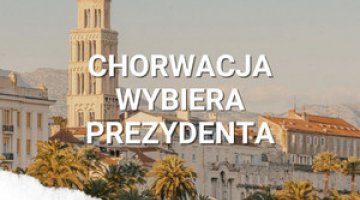Problems with bank deposits complicating Slovenian-Croatian relations
On 18 June Slovenia’s minister of foreign affairs, Samuel Zbogar, stated that Croatia will not complete its EU accession negotiations unless it raises the ban on the activity of the Slovenian bank, NLB (Nova Ljubljanska banka) on the Croatian market. The establishing of an agreement in the border conflict between the countries, however, raises hopes that the NLB case, along with other Zagreb-Ljubljana issues, will be solved without blocking Croatia’s accession negotiations.
The conflict between the countries concerns deposits made by current Croatian citizens in the Croatian branch of Ljubljanska banka (LB) during the time of shared statehood. The bank’s assets – including the deposits – were taken by Slovenia after the collapse of Yugoslavia. On the basis of this a new financial institution – NLB – was founded in 1994. According to estimated data, the value of the deposits belonging to Croatian citizens is 172 million euros. The Croatian government regards NLB as the successor to LB and is demanding the bank to settle the claims of Croatian citizens The Croatian National Bank has banned NBL from operating in Croatia pending the resolution of the issue. According to Slovenia, the ban is contrary to EU regulations on the free flow of capital and makes it impossible to conclude Croatia’s EU accession negotiations. Nevertheless, The Slovenian government has expressed agreement for the opening of negotiations with Croatia on the remaining negotiation chapters. The Slovenian government believes that the issue with deposits in LB should be resolved as part of negotiations concerning the division of Yugoslavia’s assets which are dealt with by the Bank for International Settlements in Basel.
The acceptance of arbitration to solve the most difficult hurdle in Croatian-Slovenian relations – concerning the delineation of the border – allows one to assume that the remaining issues will be resolved through compromise. <MarSz>





